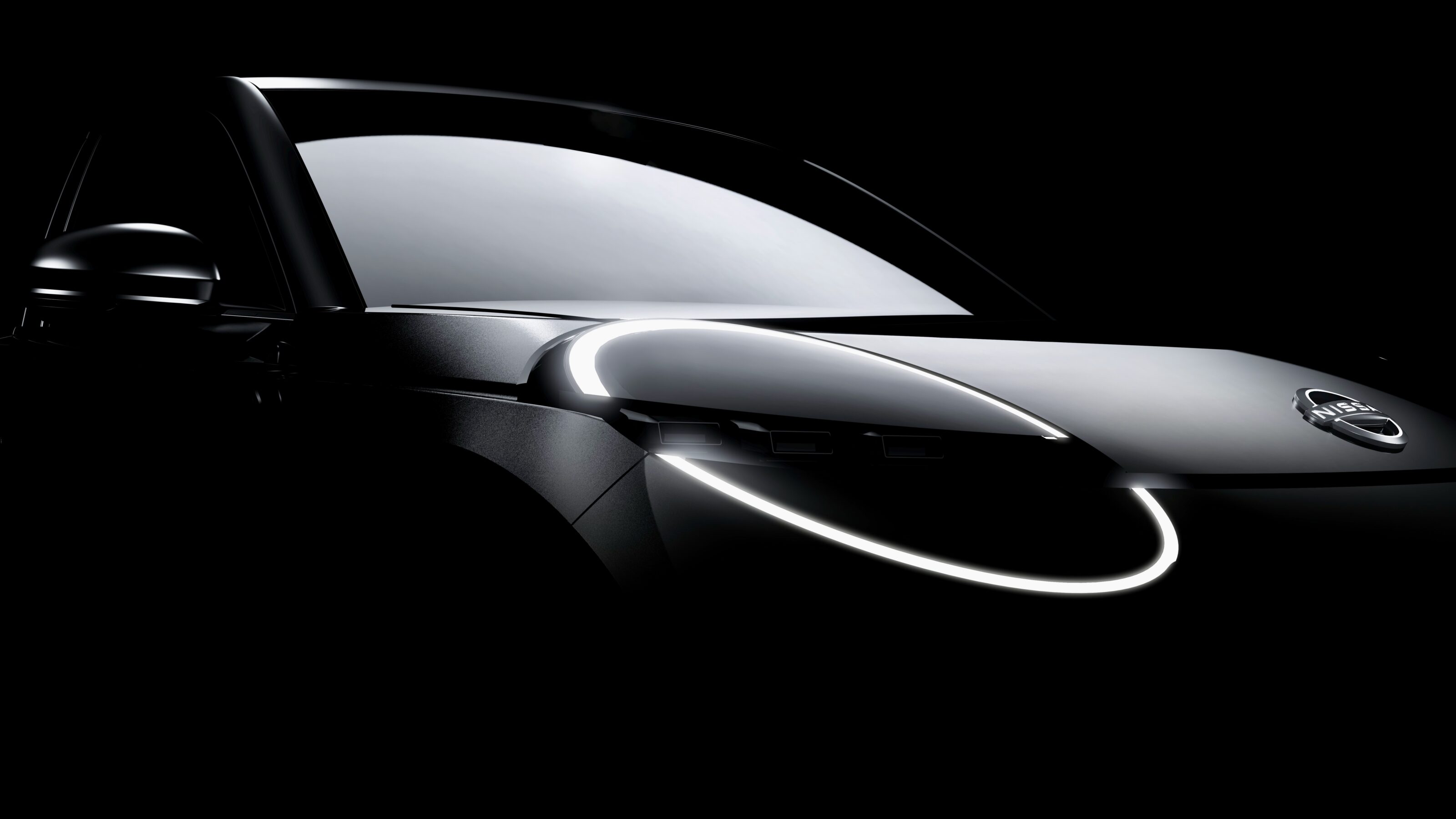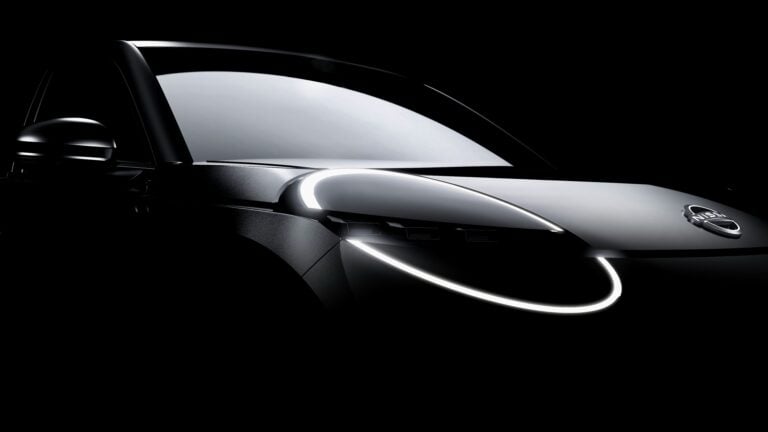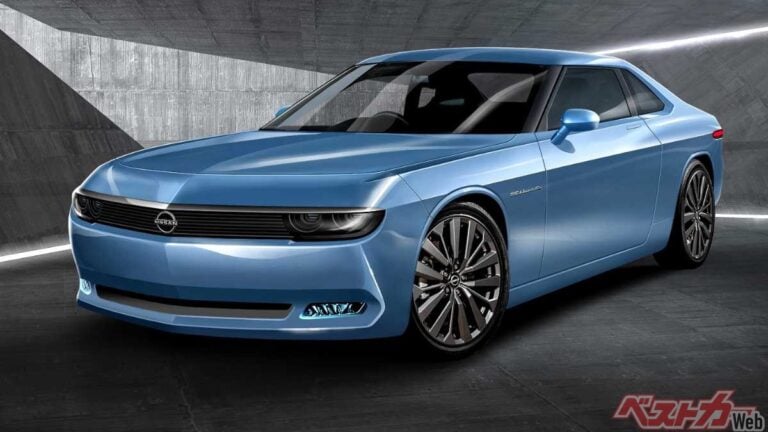
Nissan has announced it will end the development of petrol and diesel engines in most major markets.
During a financial call with investors, Nissan COO Ashwani Gupta said customer choice had driven the decision to reduce development of internal combustion engines (ICEs).
Gupta also predicted the cost of electric vehicles will become more affordable than fuel-burning cars after 2025, when Euro 7 emissions regulations come into effect.
“So what we have decided is that we will not develop the ICE engine in Europe,” Gupta said during the event.
“We do believe at the time of Euro 7, customers will have to pay much more for an ICE car than an electrified car.”
It’s believed Nissan will also end development of these engines in both Chinese and Japanese markets, though an exact timeline for the decision was not provided.

Gupta stressed it was new car buyers driving the decision to pivot away from petrol and diesel vehicles, but it would still continue to develop ICE vehicles for markets such as the United States where customers still favour fossil fuels.
“It is not us who [are] deciding, it is the customer who says the electric car has more value than the ICE car,” he said.
“Nissan has decided not to do ICE engines in Europe from Euro 7, but Nissan will continue to do ICE engines as far as it makes sense for the customer and for the business.”
The Euro 7 emissions laws are expected to come into force in 2025, with some industry analysts suggesting the strict rules will force the end of petrol and diesel engines in passenger vehicles in the European Union.
Australia’s ADR 79 regulations are based on the Euro 5 standard, which was originally introduced in 2009, and was superseded by Euro 6 in 2014 across the EU.

The announcement comes a week after Nissan teased its all-electric Micra replacement, which it says will “democratise” the electric vehicle when it’s released in 2024.
Earlier this week, rumours suggested the Japanese carmaker was developing an all-new twin-turbo V6 engine for the Nissan Patrol.
However, as the company is part of the Renault-Nissan-Mitsubishi Alliance, it means it could theoretically use future powertrains from its partners without having developed a new engine in-house.
We recommend
-
 News
NewsAll-electric 2024 Nissan Micra successor announced with 400km driving range
Nissan has announced it plans to ‘democratise’ the electric vehicle, with a battery-powered Micra replacement in the pipeline
-
 News
News2025 Nissan S16 Silvia could adopt electric power
With the new Nissan Z mere months away from launch, new information suggests the company is looking to revive its entry-level sports car




